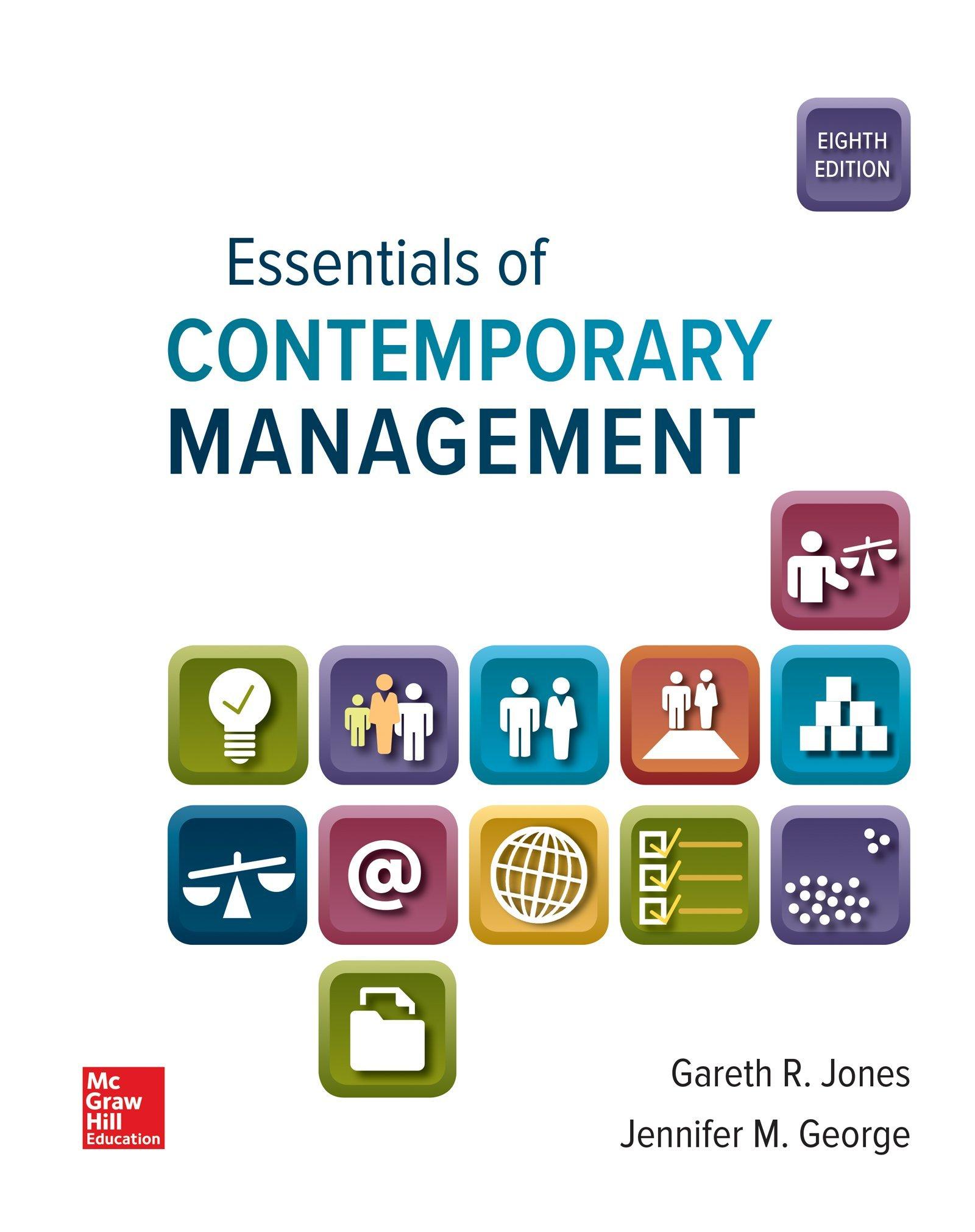For U.S. airlines, doing right this week meant plunking down cold, hard cash. United reached a settlement
Question:
For U.S. airlines, doing right this week meant plunking down cold, hard cash. United reached a settlement with a passenger who was dragged off a plane and bloodied. It also said it would pay as much as $10,000 to passengers who agree to give up their spots, following a similar move by Delta. Southwest said it would stop overbooking flights. And American added almost $1 billion in costs to “rebuild trust” with employees. The moves underscored the wake-up call that airlines got from United’s social-media disaster. Carriers have posted the biggest profits in their history the last two years thanks to cost cuts, extra fees and low fuel prices. But all that belt-tightening and nickel-and-diming has made them as vulnerable as ever to complaints of poor customer service. Now they’re reaching for their checkbooks to try to burnish their reputations before things get worse. “Airlines get a hugely disproportionate share of attention in the public eye,” said Samuel Engel, aviation vice president at consultant ICF International. “Everybody travels and everybody has an opinion about it.” Or as Gary Leff, author of a frequent flier blog, puts it: “Nobody is happy with the airlines.”
Questions for Discussion
1. What steps should the United CEO have taken in the aftermath of the passenger-dragging incident to address the social media firestorm?
2. How can first-line managers ensure that customer service is a top priority for all employees?
3. In addition to the economic fallout, what other impact could the United Airlines incident have on the company’s managers? On its employees?
4. What management strategies should airlines employ to retain current customers and attract new passengers?
Step by Step Answer:






